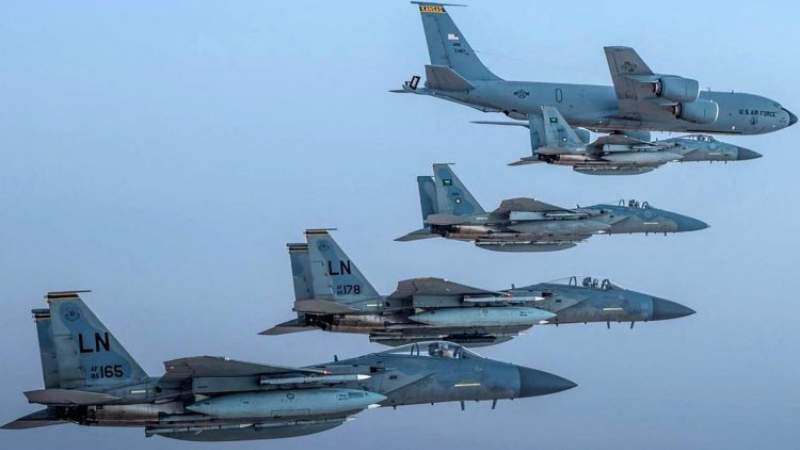How A U.S. Arms Embargo Could Impact Saudi Arabia's Air Force, Forbes

News - World: American media continued to talk about Washington’s anger with Saudi Arabia over the Opec+ decision to cut oil production.
Bicameral legislation put forth by Senator Richard Blumenthal and Representative Ro Khanna proposes an immediate pause to all arms sales to Riyadh. It also calls for "a one-year halt to all direct commercial sales and foreign military sales and munitions" that "includes a halt to sales of spare and repair parts, support services, and logistical as well as program support."
The officials point out that the vast majority of Saudi armaments are American-built. An embargo, they argue, would, therefore, hugely impact the Saudi military and it would take years for Riyadh to reduce its reliance on U.S. military technology, parts and support, according to the magazine.
The writer explained that "Saudi Arabia could always follow the UAE (United Arab Emirates) example and purchase different types of weapons systems from different suppliers," Nicholas Heras, director of strategy and innovation at the New Line Institute, told him.
-
10:06
Reuters: The deal includes Washington signing agreements with Riyadh on bilateral defense, security commitments, and nuclear cooperation
10:06
Reuters: Blinken discusses with Saudi leadership efforts for normalization agreement with Israel in a massive deal
10:04
British maritime security firm Ambrey: Our estimates suggest a link between the targeted vessel and Israel
10:01
Gaza Health Ministry: 3 massacres by the Israeli enemy in the past 24 hours claimed 34 lives and left 68 wounded
10:01
Gaza Health Ministry: Victims trapped under rubble and in streets; enemy blocking access for ambulance and civil defense teams





